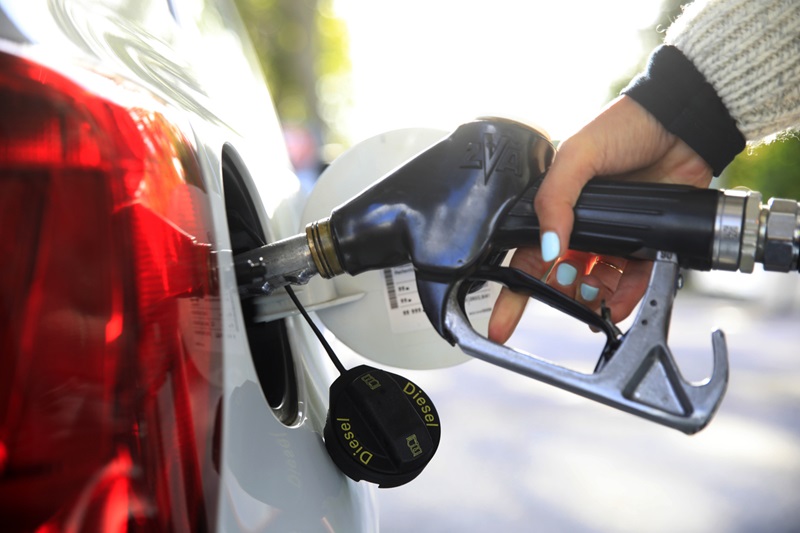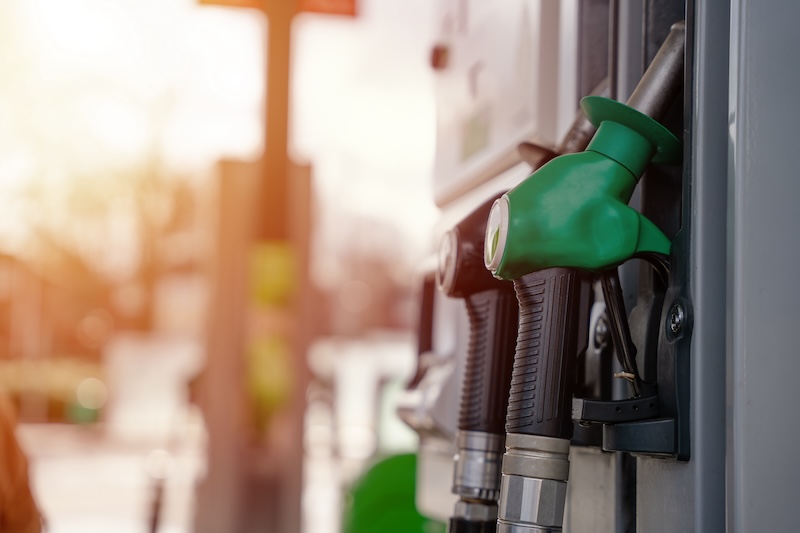Spring Budget 2024: what drivers need to know

1st CENTRAL – Fuel duty will remain at 53p per litre this year
From fuel duty to national insurance, the Spring Budget covered a few motoring areas, but what do drivers need to know?
We’ve got you covered – here are the updates motorists need to be aware of.
Fuel duty frozen
Chancellor Jeremy Hunt confirmed that fuel duty will be frozen for the 14th consecutive year.
The government’s 5p per litre reduction on the fuel tax will remain in place for the next year, which means that the duty you pay on fuel will remain at 53p per litre (until April 2025 at least).
According to the Chancellor, retaining the 5p reduction will save the average motorist £50 in the next year, and a total saving of £250, which equals a £5bn tax break for motorists.
Along with the fuel duty freeze, the cost of car tax (VED) will go up in line with the Retail Price Index from 1 April 2024.
For most cars, the annual first-year rate for a new car will go up by between £5 and £10, but drivers of new vehicles with the highest emissions will pay £2745 in the first year – a hike of £140.
Only pure electric vehicles will continue to be exempt from VED, but this exemption will expire in April 2025.
Not bad, but not good
Commenting on the freeze in fuel duty, RAC head of policy, Simon Williams, said: “While it’s good news that fuel duty has been kept low it’s unlikely drivers will be breathing a collective sigh of relief as we don’t believe they’ve fully benefited from the cut that was introduced just two years ago due to [fuel] retailers upping margins to cover their ‘increased costs’. This has meant fuel prices have been higher than they would otherwise have been.”
Elsewhere, head of the Society of Motor Manufacturers and Traders (SMMT) Mike Hawes said not enough had been done in the budget to accelerate the growth of electric cars, calling the announcements “a missed opportunity.
He said that “Reducing VAT on new EVs, revising vehicle taxation to promote rather than punish going electric, and an end to the VAT ‘pavement penalty’ on public charging” would have incentivised more buyers to go electric.
Find out more about the price of fuel across the country.


